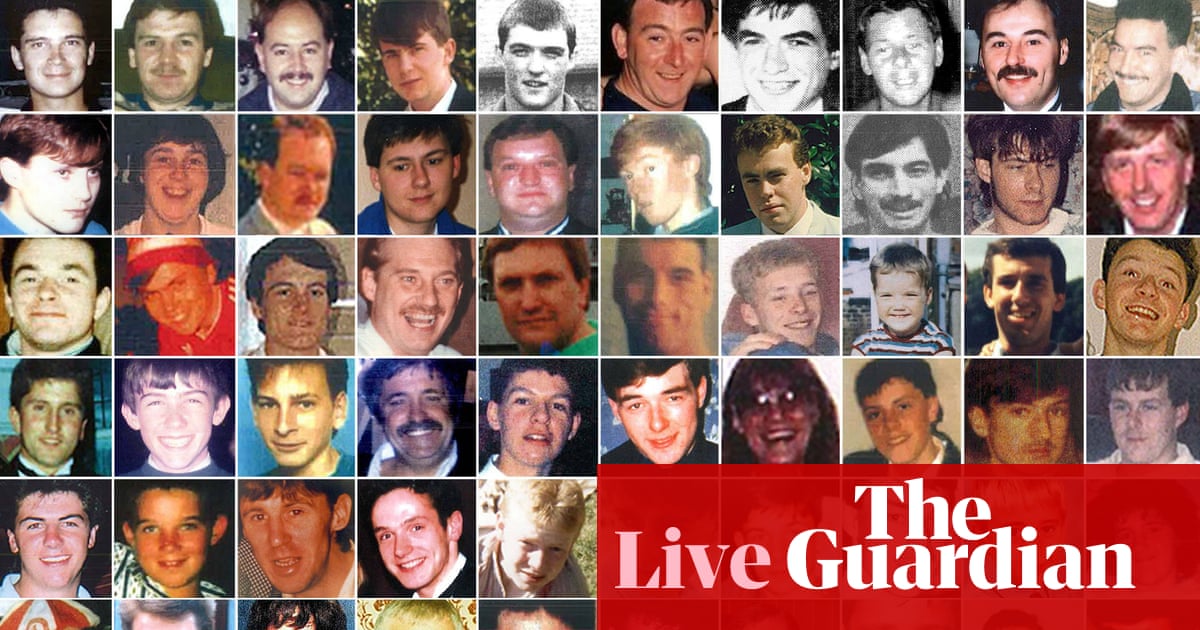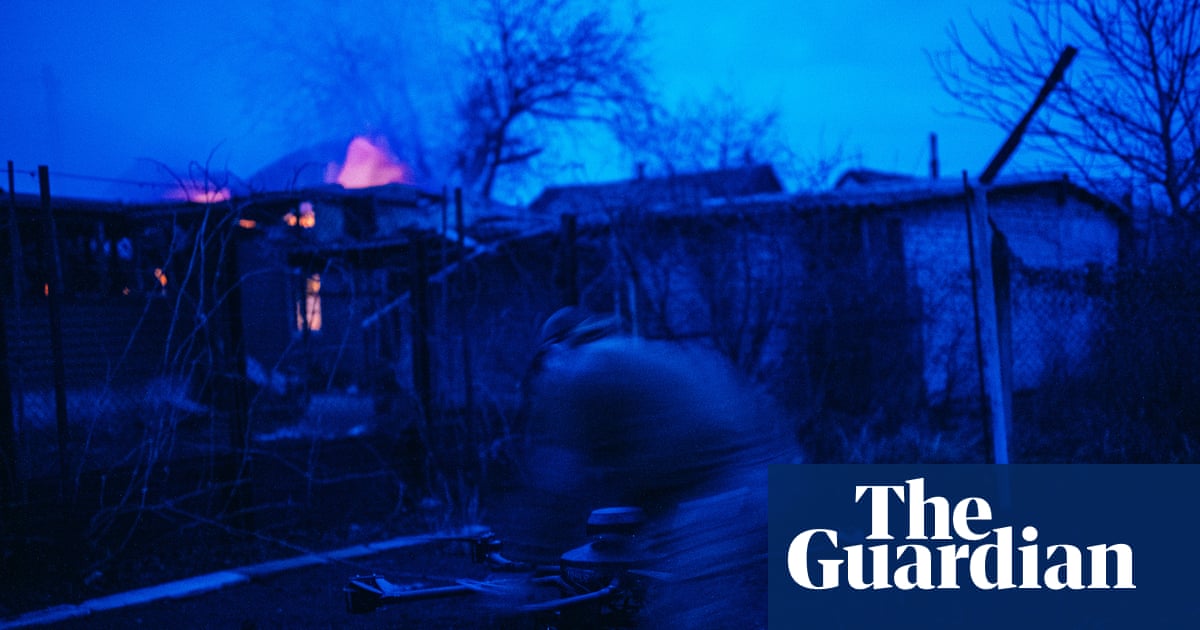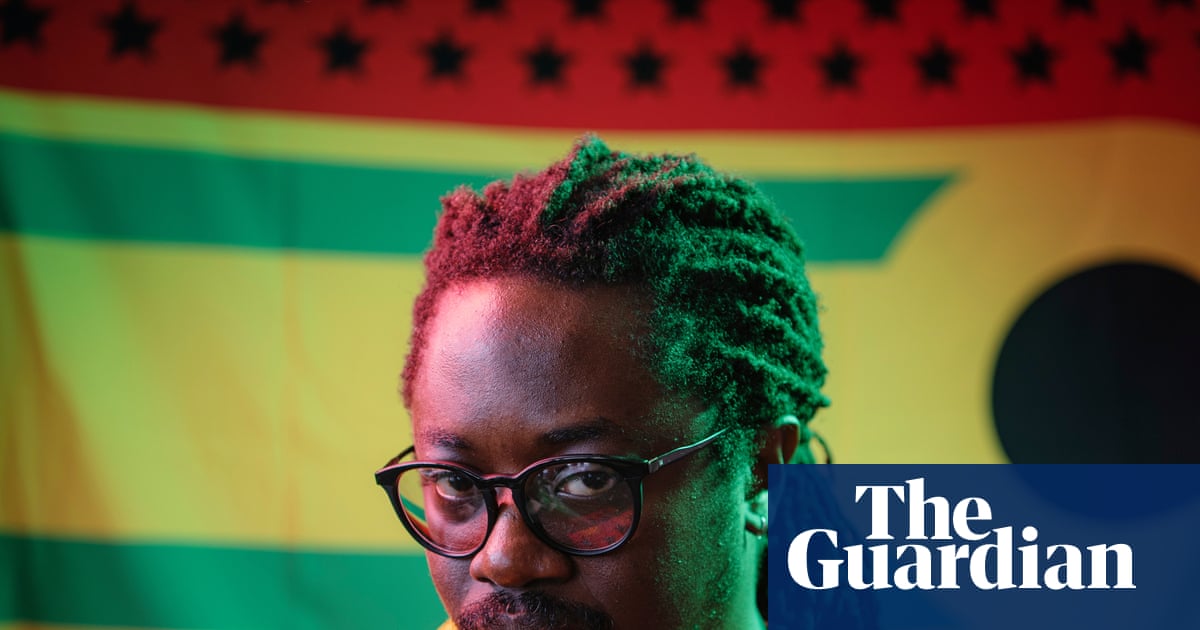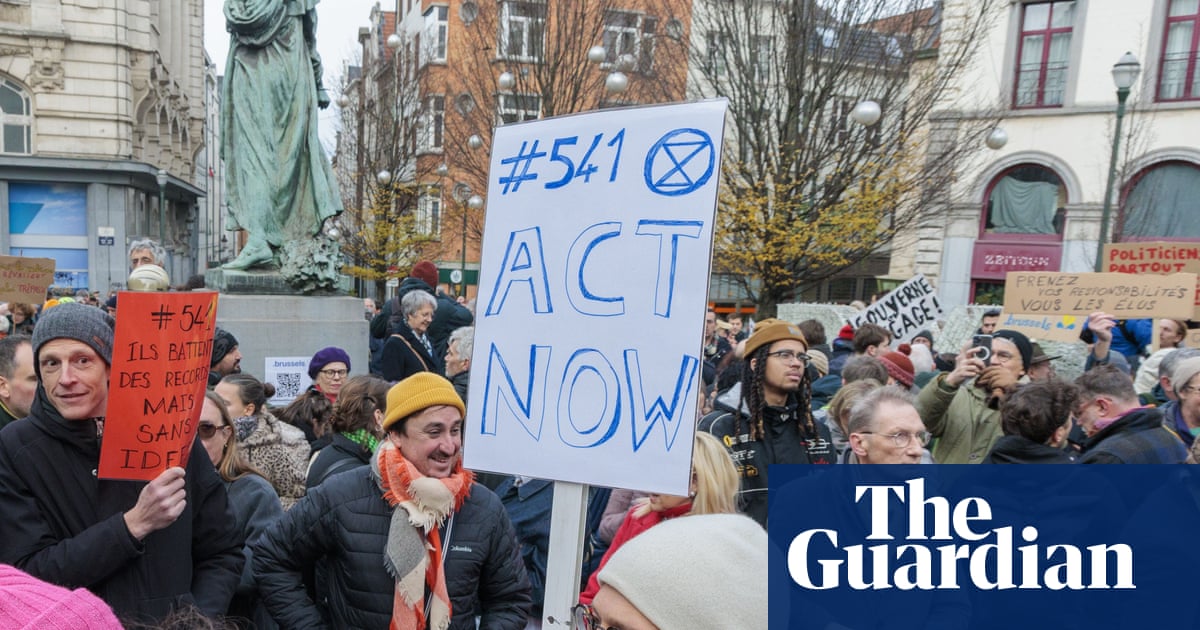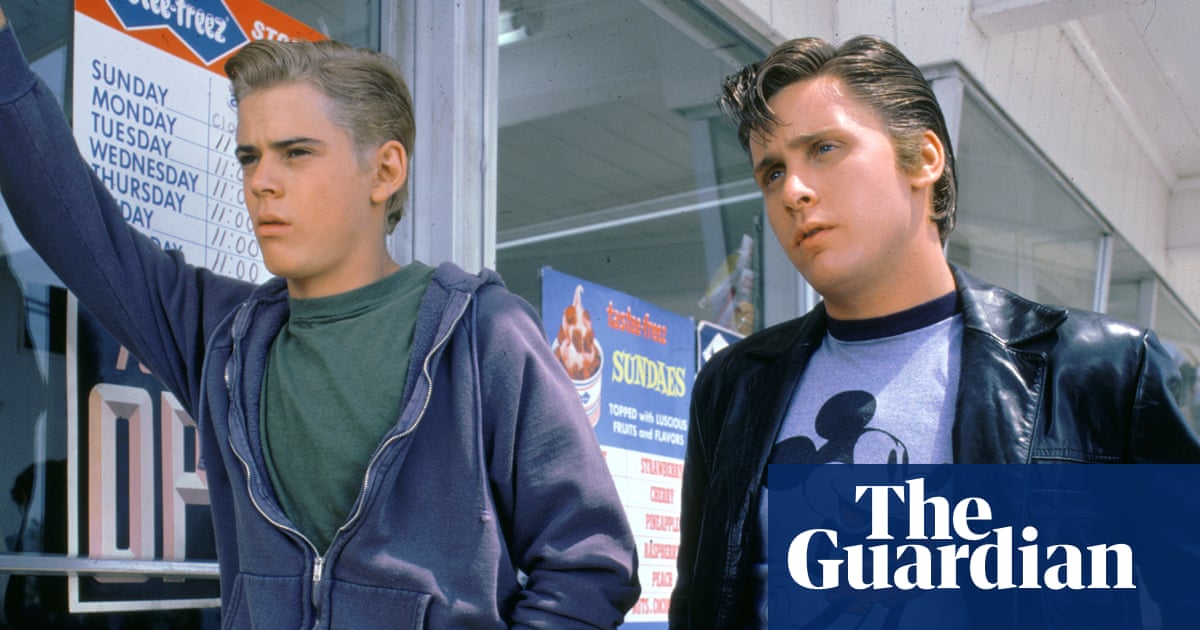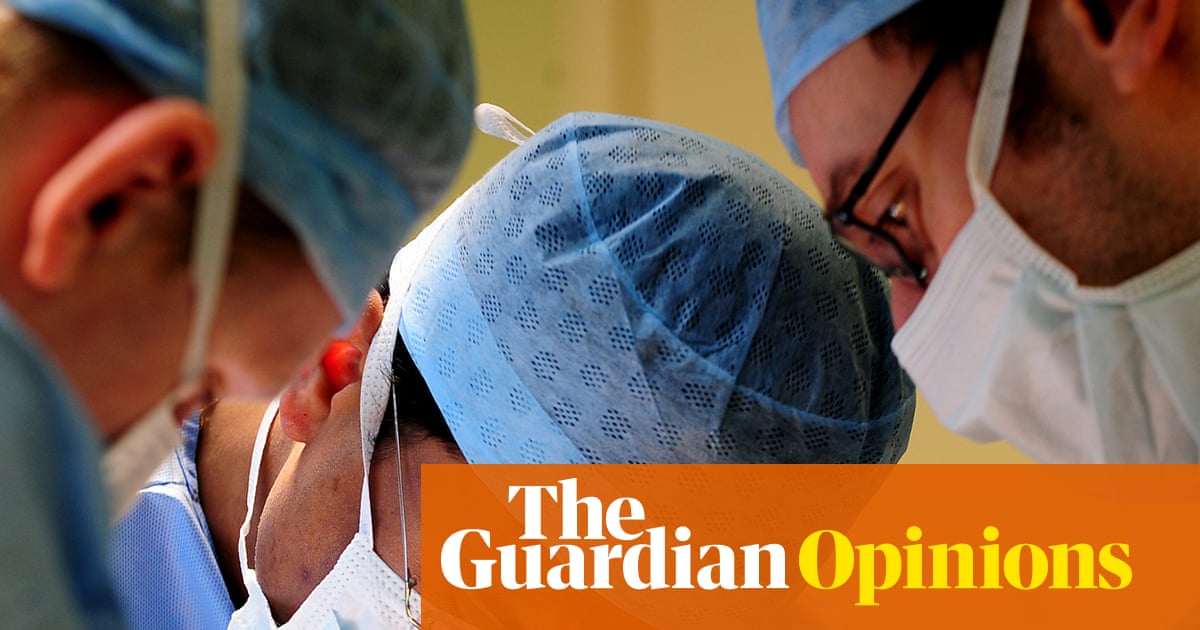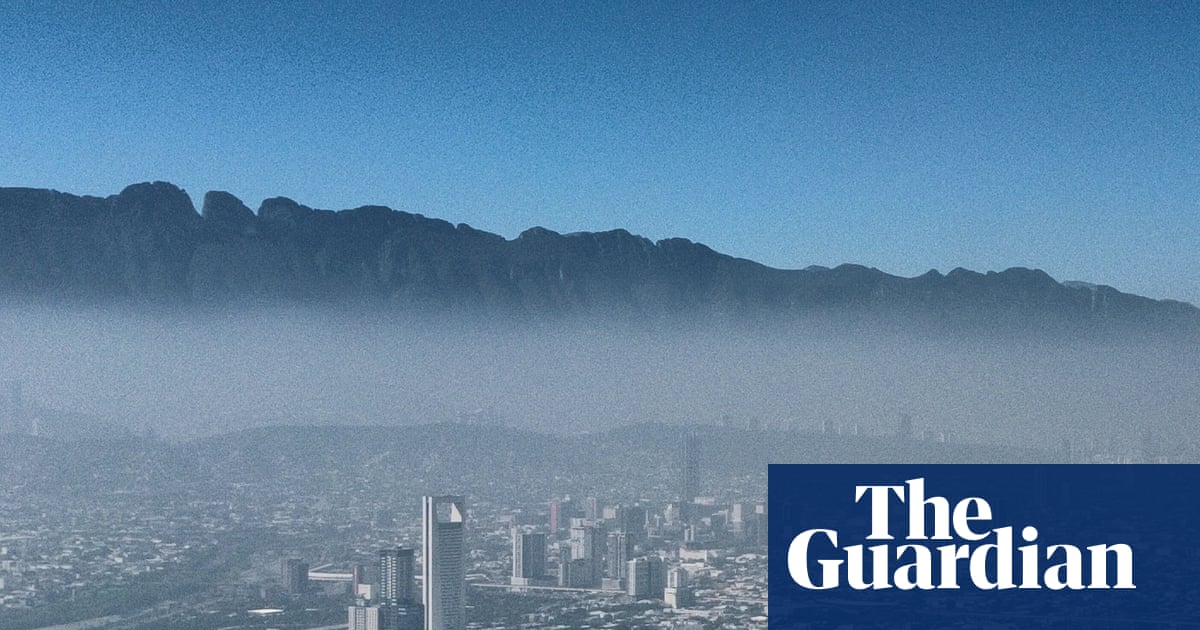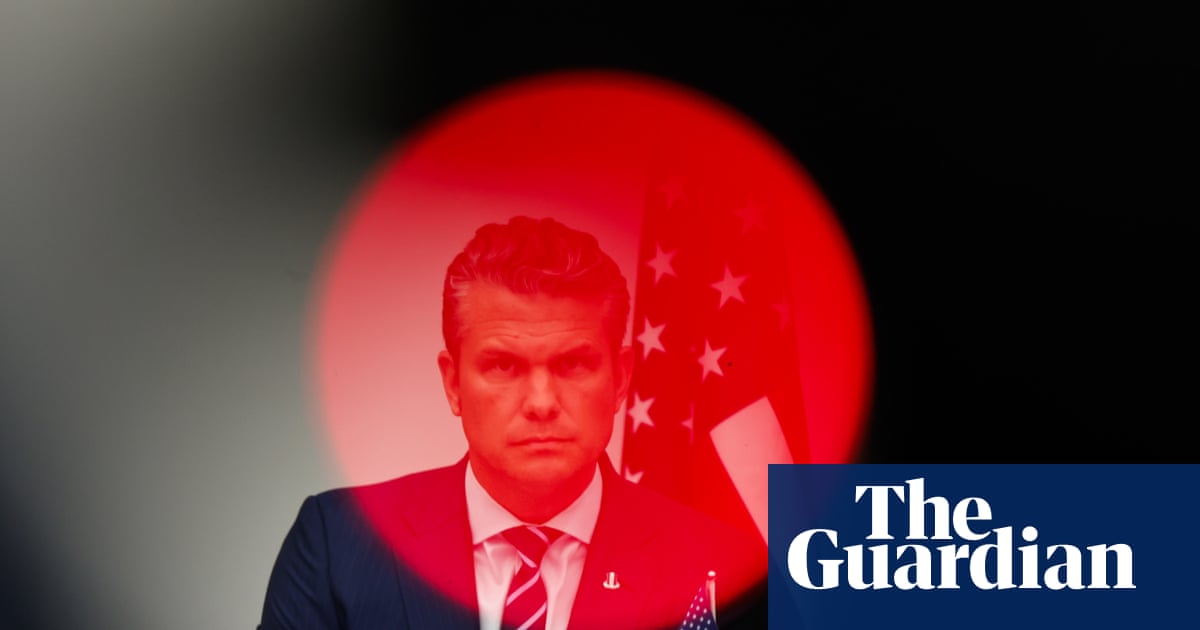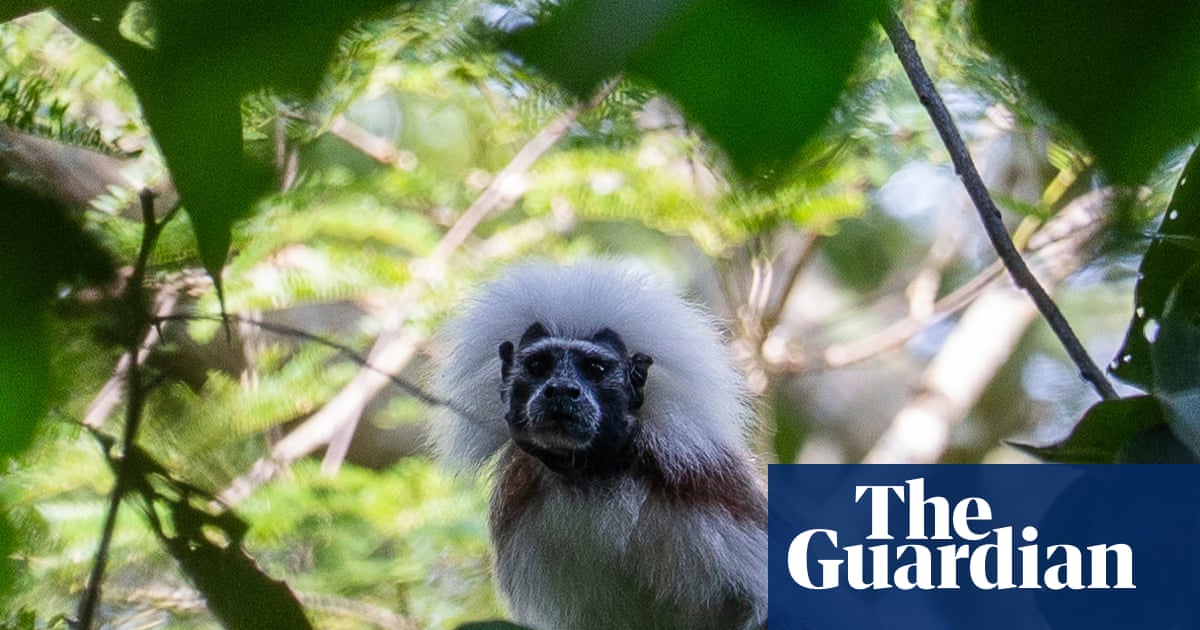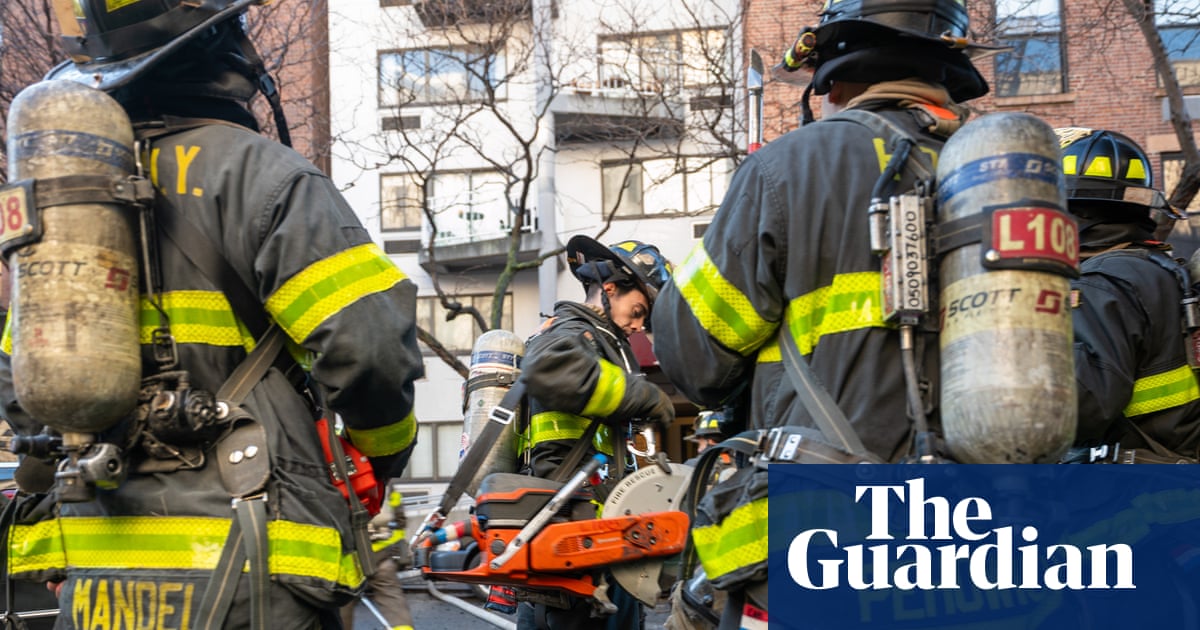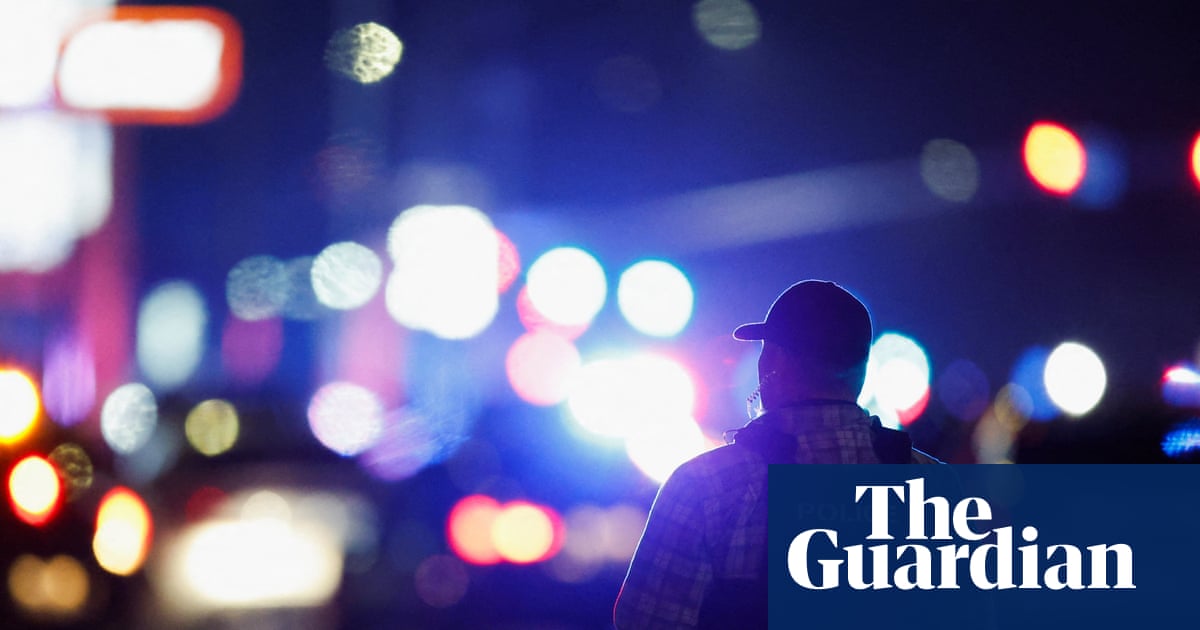Anti-government demonstrations gripped Morocco for the fourth night in a row as young people filled the streets of cities and destruction and violence broke out in several places.
With billions in investment flowing toward preparations for the 2030 World Cup, promises to fix Morocco’s strained social services have not quelled anger from internet-savvy youth, who launched some of the country’s biggest street protests in years.
The “Gen Z” demonstrations mirror similar unrest sweeping countries such as Nepal and Madagascar.

Young Moroccans clashed with security forces on Tuesday as they decried the dire state of many schools and hospitals. After dozens of peaceful protesters were arrested over the weekend, violence broke out in several cities, especially in areas where jobs are scarce and social services lacking.
“The right to health, education and a dignified life is not an empty slogan but a serious demand,” the organisers of the Gen Z212 protest movement wrote in a statement published on Discord. They cited King Mohammed VI, implored protesters to remain peaceful and criticised “repressive security approaches”.
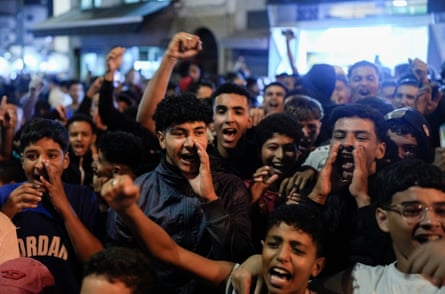
Still, the protests have escalated and become more destructive, particularly in cities far from where development efforts have been concentrated in Morocco. Local outlets and footage filmed by witnesses showed protesters hurling rocks and setting vehicles ablaze in cities and towns in the country’s east and south, including in Inzegane and Ait Amira.
In Oujda, eastern Morocco’s largest city, one person was injured when a police vehicle rammed into demonstrators, local human rights groups and the state news agency MAP said.
Morocco’s interior ministry said the anonymously organised protests lacked authorisation and were dealt with according to the law, noting that those found to be breaking the law would be treated “rigorously and firmly”. It said 409 people were taken into police custody.
It said 263 members of law enforcement were injured during the nationwide protests that also damaged 142 of their vehicles. Twenty private cars were also damaged and 23 civilians were injured, the ministry said.
The Moroccan Association for Human Rights (AMDH) said 37 protesters had been arrested in Oujda on Monday, among them six minors, and would appear in court on Wednesday.
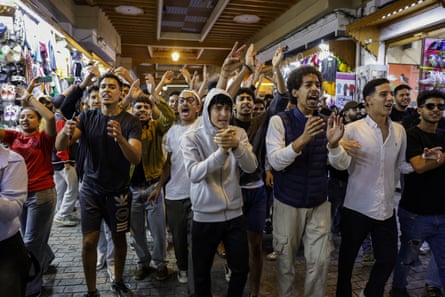
They are among the hundreds that AMDH said had been apprehended, including many whose arrests were captured on video by local media and some who were detained by plainclothes officers during interviews.
“With protests scheduled to continue, we urge authorities to engage with the legitimate demands of the youth for their social, economic, and cultural rights and to address their concerns about corruption,” Amnesty International’s regional office said on Tuesday.
In some of Morocco’s largest anti-government protests in years, the leaderless movement has harnessed anger about conditions in hospitals and schools to express outrage over the government’s spending priorities.
Pointing to new stadiums under construction or renovation across the country, protesters have chanted: “Stadiums are here, but where are the hospitals?” The recent deaths of eight women at a public hospital in Agadir have also become a rallying cry against the decline of Morocco’s health system.

The movement, which originated on platforms such as TikTok and Discord, which are popular among young people, has won additional backing since authorities began arresting people over the weekend, including from Morocco’s star goalkeeper Yassine Bounou and its most famous rapper ElGrandeToto.
Officials have denied prioritising World Cup spending over public infrastructure, saying problems facing the health sector were inherited from previous governments. In Morocco’s parliament, the governing majority said it would meet on Thursday to discuss healthcare and hospital reform as part of a meeting led by the prime minister, Aziz Akhannouch.

 2 months ago
68
2 months ago
68
